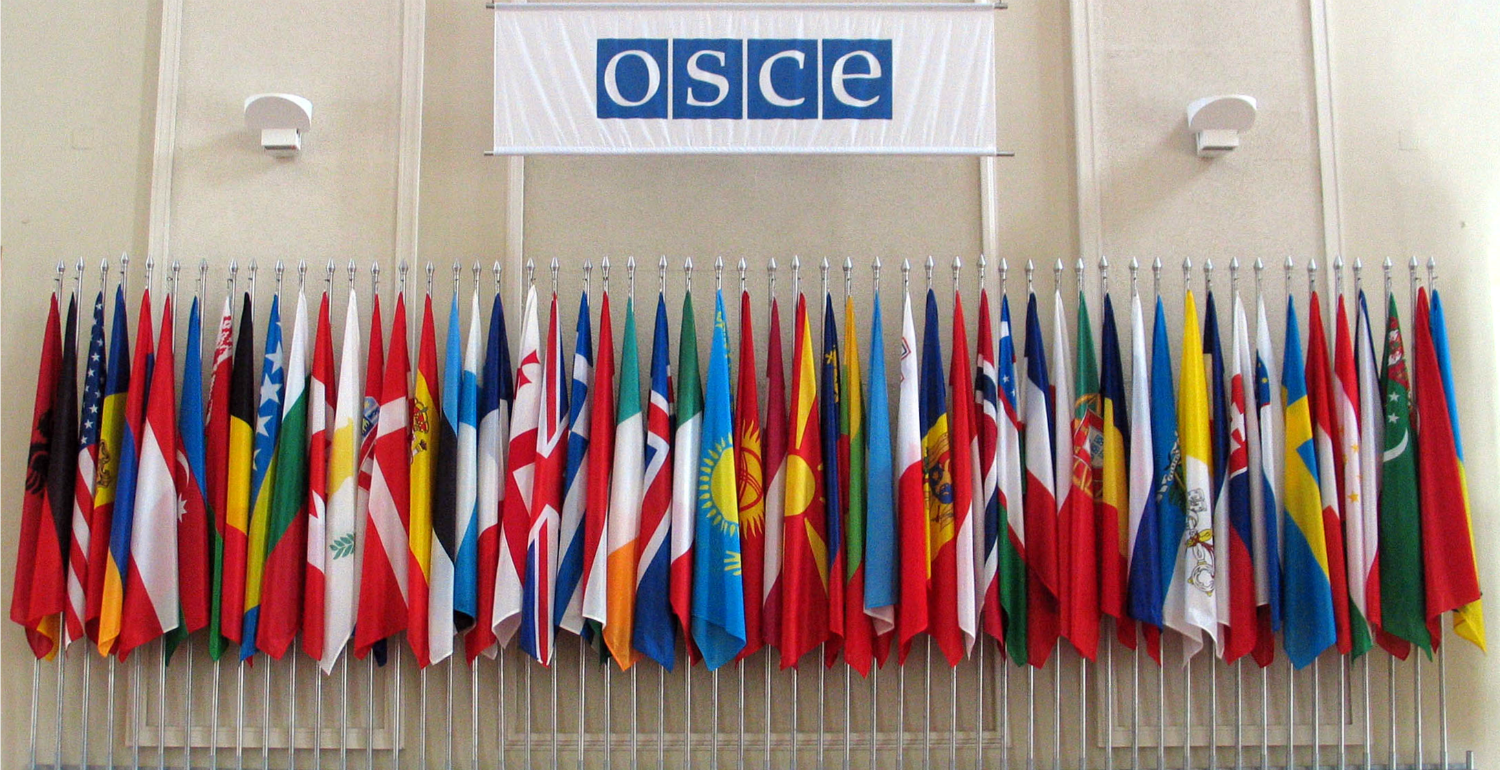Rep. Chris Smith (NJ-04), Eamon Gilmore and others discussed what had transpired in regards to the Organization for Security and Cooperation in Europe (OSCE) while Ireland was at the helm of the organization. This included priorities set by Gilmore involving Internet freedom. Congressman Smith also praised Gilmore for incorporating his experiences in Ireland into his leadership of the OSCE, such as drawing on Ireland’s experience in Northern Ireland’s peace process in reference to protracted conflicts elsewhere in the OSCE region. The hearing attendees went on to discuss the status of the agenda as it related to ODIHR and human dimension meetings.
Members
Hon. Christopher Smith
Chairman
Commission on Security and Cooperation in Europe
Hon. Benjamin Cardin
Co-Chairman
Commission on Security and Cooperation in Europe
Witnesses
Eamon Gilmore
Minister for Foriegn Affairs and Trade, Ireland and Chairperson-in-Office
OSCE
Relevant Issues
Relevant Countries
Leadership

Helsinki Commission Ranking Member Cohen Celebrates ...
Aug 01, 2024WASHINGTON—Congressman Steve Cohen (TN-9), the Organization for Security and Cooperation in Europe’s 56-nation Parliamentary Assembly’s Special Representative on Political Prisoners, today welcomed news that three journalists and Paul Whelan, wrongly […]

Russia’s Persecution of Ukrainian Christians
Jul 24, 2024Independent Ukraine has enjoyed a robust tradition of religious freedom. As such, Ukrainians today represent a variety of faiths, including many Christian denominations. Unfortunately, Russia—which has little tolerance for independent […]

Helsinki Commission Advances Human Rights, Demands f...
Oct 19, 2023By Shannon Simrell, Senior Policy Advisor Between October 2-13, 11 Helsinki Commission staff joined approximately 1,400 representatives of OSCE participating States (pS) and civil society representatives in Warsaw, Poland in […]

Vladimir Kara-Murza: Putin’s Personal Prisoner
Sep 20, 2023Stream here: HEARING: Vladimir Kara-Murza: Putin’s Personal Prisoner – YouTube Vladimir Kara-Murza, a father, husband, and a freedom fighter, has been in detention for over five hundred days and is currently […]

United States Demonstrates Global Leadership on Ukra...
Jul 14, 2023The Helsinki Commission’s four senior leaders helmed the United States’ bicameral, bipartisan delegation to the 30th Annual Session of the OSCE Parliamentary Assembly last week in Vancouver, Canada. Co-Chairman Senator […]
Helsinki Commission Leadership Celebrate Pardon of N...
Jun 23, 2023Washington—Today, the Chairman and Ranking Member of the Commission on Security and Cooperation in Europe, also known as the U.S. Helsinki Commission, Representative Joe Wilson (SC-02) and Ranking Member Steve […]
HELSINKI COMMISSION SENDS APPEAL TO GEORGIAN PRESIDE...
Apr 28, 2023WASHINGTON— The leadership of the Commission on Security and Cooperation in Europe, also known as the U.S. Helsinki Commission, Chairman Representative Joe Wilson (SC-02), Co-Chairman Senator Ben Cardin (MD), and […]

CHURCH, STATE, AND RUSSIA’S WAR ON UKRAINE
Apr 27, 2023The Putin regime has long used the Russian Orthodox Church (ROC) to consolidate its power at home and abroad. Under the leadership of Patriarch Kirill, the ROC has explicitly endorsed […]
Helsinki Commission Chair and Co-Chair: Statement on...
Feb 20, 2023WASHINGTON—Following reports of the sharp deterioration of Azerbaijani dissident Bakhtiyar Hajiyev, Helsinki Commission Chairman Rep. Joe Wilson (SC-2) and Co-Chairman Sen. Ben Cardin (MD) issued the following joint statement: “We […]

The Alarming Rise in Antisemitism and Its Threat to ...
Dec 13, 2022In response to a rise in antisemitism in the United States and abroad, the Helsinki Commission held a hearing on December 13, 2022, featuring experts on preventing and combatting it. […]
Congressmen Cohen and Wilson Introduce Resolution Re...
Oct 28, 2022WASHINGTON – Congressman Steve Cohen (TN-09), Co-Chairman of the Commission on Security and Cooperation in Europe, also known as the Helsinki Commission, and the Commission’s Ranking Member, Congressman Joe Wilson […]
Congressmen Cohen and Wilson Introduce Resolution Re...
Oct 28, 2022WASHINGTON – Congressman Steve Cohen (TN-09), Co-Chairman of the Commission on Security and Cooperation in Europe, also known as the Helsinki Commission, and the Commission’s Ranking Member, Congressman Joe Wilson […]


